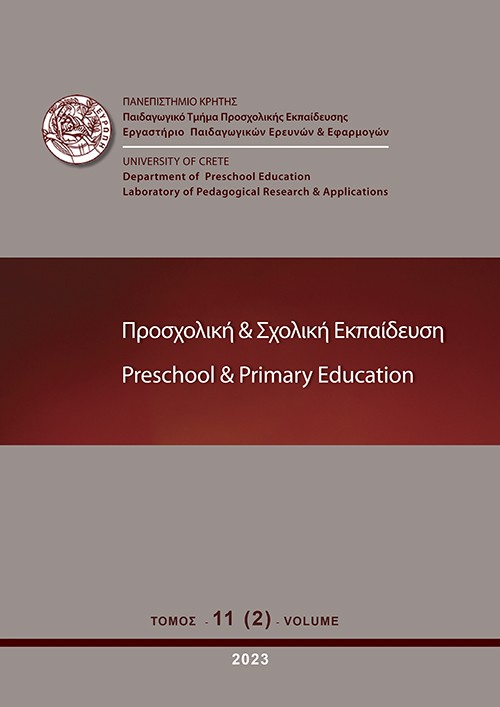The impact of a therapy dog program on children’s with ASD social skills, communication, and behavioral difficulties

Abstract
Recent research findings confirm the mediating role of animals, especially dogs, between a therapist and a child during therapy sessions. The presence of dogs has been studied in clinical studies. In cases of children with disabilities dogs facilitate the therapeutic session as they distract children from their real problems and make them feel relaxed. However, there is a research gap on the impact of a therapy dog in a school setting. The present study aims to explore the effectiveness of therapy dogs’ presence in an intervention programme for students with Autism Spectrum Disorder (ASD). Three primary school students with ASD, their teachers and parents, and a therapy dog with its attendant were enrolled in the study. Data collection was based on teachers’ and parents’ observations of students’ social responses and behavioural difficulties before and after the intervention, on teachers’ diaries, and on the micro-analysis of the six videotaped therapeutic sessions. Results show that the dog’s presence increased student response to social stimuli and reduced the symptoms of ASD, not only during the intervention but also in the post-intervention phase. No aggressive or self-injurious behaviours were exhibited during the sessions. The study highlights the healing impact for children with ASD when a dog is incorporated in a school setting.
Article Details
- How to Cite
-
Karpoutzaki, C., Markodimitraki, M., Kypriotaki, M., & Charitaki, G. (2023). The impact of a therapy dog program on children’s with ASD social skills, communication, and behavioral difficulties. Preschool and Primary Education, 11(2), 284–317. https://doi.org/10.12681/ppej.32430
- Section
- Articles

This work is licensed under a Creative Commons Attribution-NonCommercial-ShareAlike 4.0 International License.
Authors who publish with this journal agree to the following terms:
- Authors retain copyright and grant the journal right of first publication with the work simultaneously licensed under a Creative Commons Attribution Non-Commercial License that allows others to share the work with an acknowledgement of the work's authorship and initial publication in this journal.
- Authors are able to enter into separate, additional contractual arrangements for the non-exclusive distribution of the journal's published version of the work (e.g. post it to an institutional repository or publish it in a book), with an acknowledgement of its initial publication in this journal.
- Authors are permitted and encouraged to post their work online (preferably in institutional repositories or on their website) prior to and during the submission process, as it can lead to productive exchanges, as well as earlier and greater citation of published work (See The Effect of Open Access).


